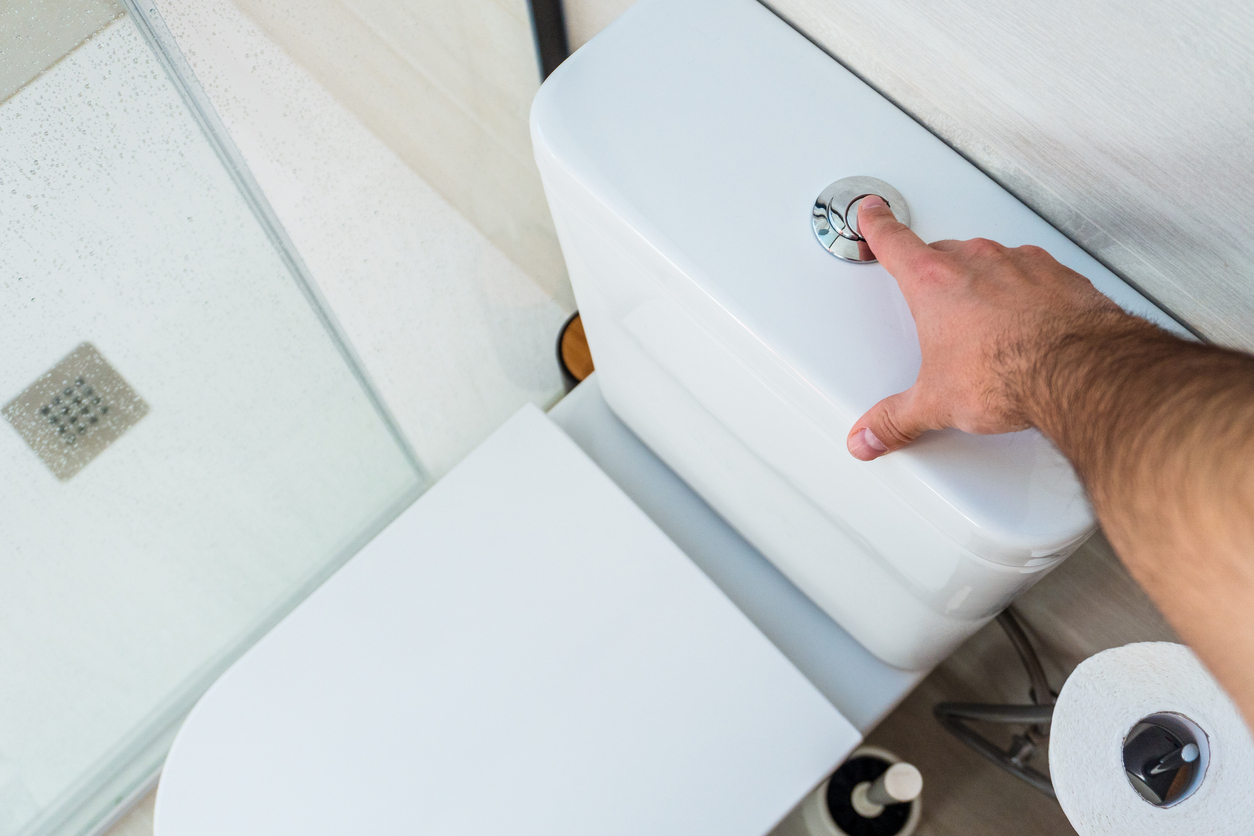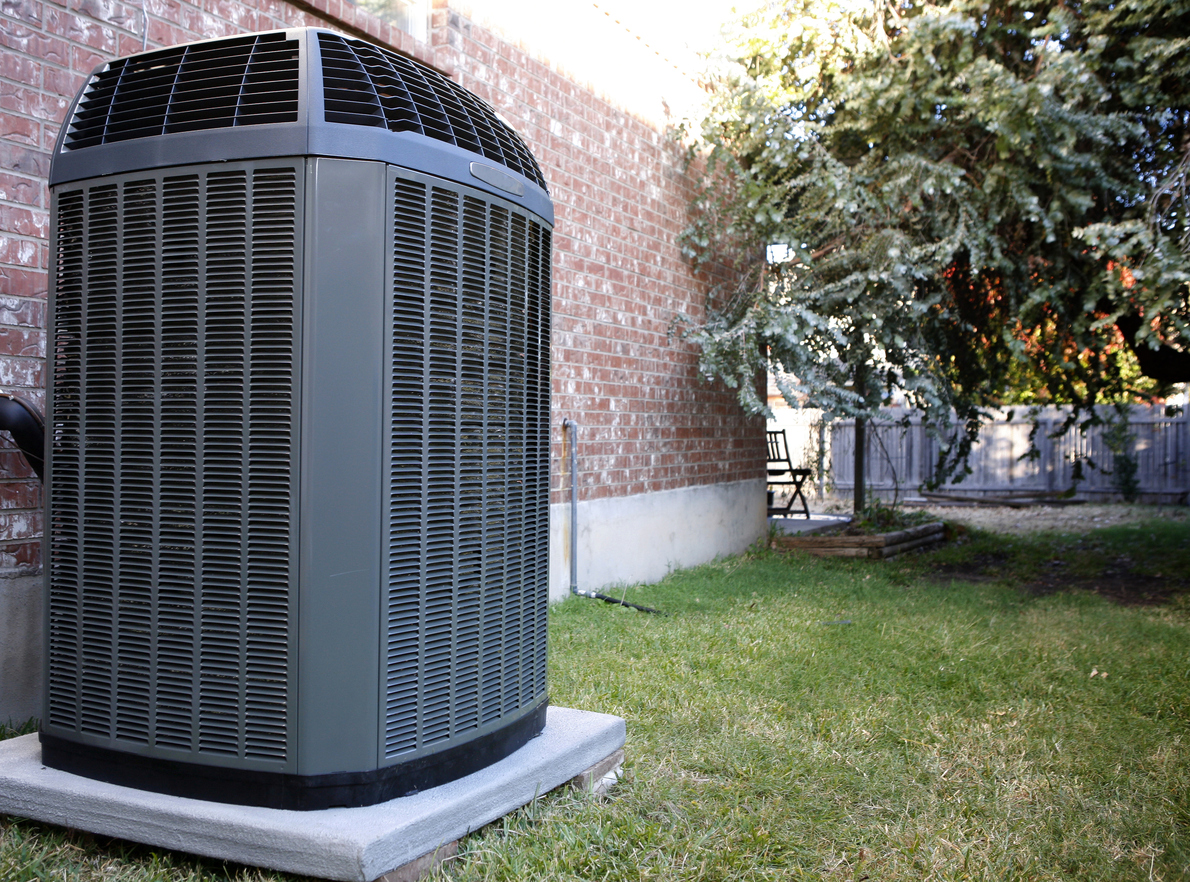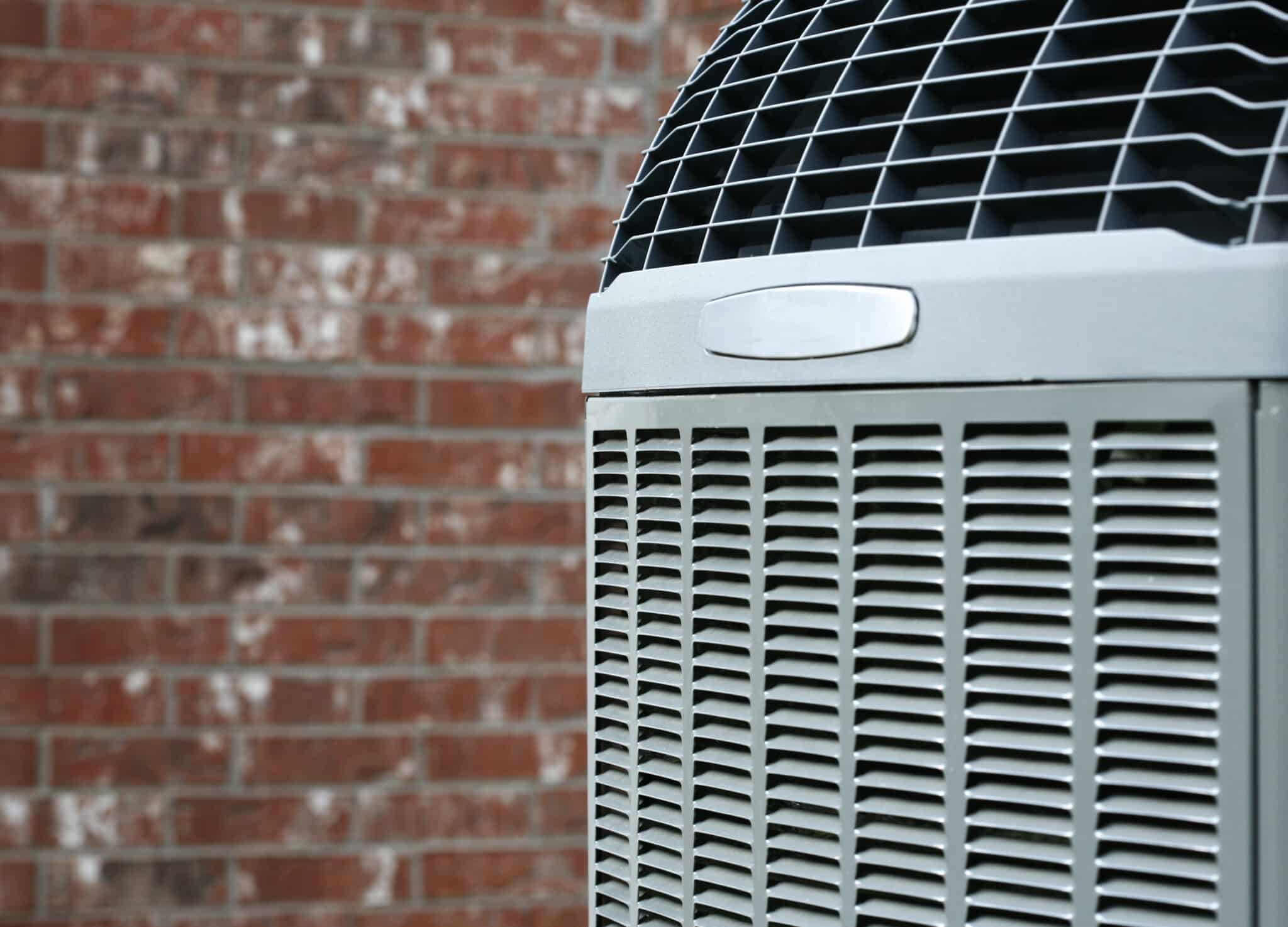A Better Plumber Joins Absolute Plumbing, Electrical, Heating & Air

Absolute Plumbing, Electrical, Heating & Air is pleased to welcome A Better Plumber to our company. This partnership will allow us to expand on the high-quality services we offer throughout the Denver metro area.
With our combined experience and commitment to top-notch customer service, we can continue providing exceptional heating, air conditioning, electric, plumbing, air quality, duct cleaning, and other services to our terrific customers.
Learn more about the Absolute and Absolute Electrical Heating and Air partnership or schedule a service by calling 720-669-4188.
About Absolute Electrical Heating and Air
Absolute Electrical Heating and Air has served the greater Denver area for over two decades. Backed by the motto “Better Service, Better Quality, Better Price,” the company’s high-quality service and results speak for themselves.
As a residential and commercial plumbing company, Absolute Electrical Heating and Air also offers emergency plumbing services and a range of non-emergency services like inspections, water treatment, and drain cleanings.
With its experienced and trained technicians, Absolute Electrical Heating and Air will only add to the high caliber of results you can expect from the Absolute Plumbing, Electrical, Heating & Air team.
Superior Services From a Larger Team
With this new partnership, Absolute Plumbing, Electrical, Heating & Air will further our priority to ensure every customer we help receives our absolute best. For years, we have offered unparalleled expertise and courtesy.
Our services include these and more:
- Emergency services: Disaster can strike at any moment. Absolute is ready to provide emergency heating, air conditioning, and electrical services.
- Heating: Our heating expertise covers installation, repair, and maintenance for a wide range of systems, including furnaces, boilers, electric baseboards, and patio heaters.
- Air conditioning: Don’t get caught in an uncomfortable heat where your home can’t cool you off. Count on Absolute for AC installation, replacement, repair, and maintenance.
- Electrical: Electricity is the lifeblood of any home. And because so much relies on properly functioning electricity, you need an expert to help you. Discover our top-tier electrical services, including whole-home surge protection, residential generator installation, electrical panel upgrades, and more.
- Plumbing: You don’t need to stress about plumbing problems when you can call Absolute. Learn service water heaters, tankless water heaters, kitchen plumbing, bathroom plumbing, and more.
- Indoor air quality: Your home can actively improve your well-being through better air quality with help from our team. Our humidification systems, air purifiers and scrubbers, air filtration, REME HALO®, and programmable thermostats will help boost indoor air quality and comfort.
- Duct cleaning: A proper duct cleaning service will also give your home an advantage against major air quality and comfort issues down the line.
Schedule an appointment with Absolute Plumbing, Electrical, Heating & Air by calling 720-669-4188 today.
Choose Absolute for Unmatched Home Services
The Absolute Plumbing, Electrical, Heating & Air family has gotten even stronger, and now we can continue to exemplify excellence, create a culture of service, constantly evolve, and offer the Absolute guarantee.
If you’re looking for a company to meet your plumbing, heating, air conditioning, or electrical needs, look no further than our team.
Call 720-669-4188 to schedule service with us today.

CONTACT US
Request Service


Save Every Year with an Absolute Advantage Membership
Expert Annual System Safety Inspections & More
- Priority service
- Waived dispatch fees
- Yearly furnace, A/C, & electrical system inspections
- 10% discount on repairs and additional diagnostic services
- Up to $500 off HVAC & electrical panel replacements







